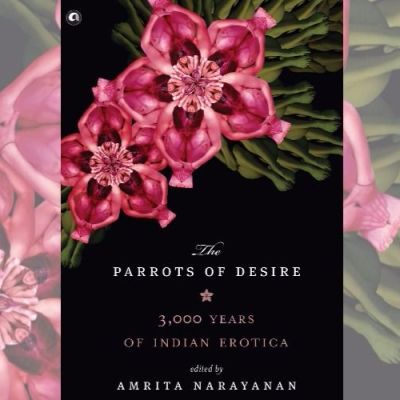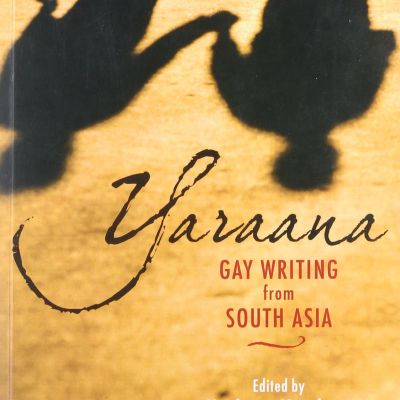Literature and Sexuality
As we see through this issue of In Plainspeak, stories have in them the power of exposing brutal truths about society and therefore also bring with them the possibility of reform, change, and hope, and when not possible, temporarily escaping into other worlds.
Undoubtedly, LGBTQ+ literature and writing in India has witnessed an ‘explosion’ in the past two decades, and the trends in contemporary publication promise consistent growth in the future too. However, issues of queer representation in existing literature, and especially contemporary literature, need to be continually invested in, for literature is a key marker of society’s outlook on and reception of such sensitive subjects as homosexuality and ‘queer’-ness
Though writing about feminism and being in a position to voice out one’s opinions about the injustices and inequities that continue to exist in society is still relevant, times are also changing as we begin to understand intersectionality as an all-inclusive concept and the positions we speak from.
We need more spaces for marginalized people to express themselves. Although pop culture and mainstream media have yet to feature the diversity and representation we crave, fan fiction can help to fill in those gaps. And that is nothing short of feminist.
Through our discomfort, shame, and often stubborn refusal to rise above heteronormativity, we unpacked a lot of these negative emotions by critically analysing texts that were neither the Kamasutra nor discourses such as Foucault’s on sexuality.
देवदत्त पटनायक आधुनिक समय में, प्रबंधन, प्रशासन प्रक्रिया और नेतृत्व जैसे क्षेत्रों में पौराणिक विचारों की प्रासंगिकता के विषय पर लिखते हैं। डाक्टरी की पढ़ाई और प्रशिक्षण पूरा करने के बाद उन्होने 15 वर्ष तक स्वास्थ्य देखभाल उद्योग और दवा निर्माता कंपनियों के साथ काम किया।
Manto’s writings reflected both his own context and more. His stories dealt with eternal issues like love, deceit, pain, friendship and materialism. They also dealt with the specificity of national liberation movements, partition and the class-caste-religion matrix influencing human relationships in the particular context of South Asia.
When a literary canon is created and upheld, which are the voices that are amplified and which are the voices that are lost in the fray? Can marginalised bodies and experiences truly find representation in such a canon?
The Handmaid’s Tale leads one to re-examine these two forms of social hierarchy that women have to navigate: one where they apparently have equal sexual rights as men but have to bear most of the brunt of unwanted pregnancies, reproductive burdens and the like, and the other extreme where their decisions including those about sexual identity and procreation are institutionalised and they are robbed of all agency and autonomy.
All these works have made me acutely aware of how gender, sexuality, and religion, are so deeply intertwined in the social fabric. Also, how conditioning can significantly influence one’s understanding of literature, or the lack of it.
Fiction is often relegated to a secondary stow because fact-based forms of knowledge are becoming more and more valued. To be informed is to stay with the facts. Yet I think fiction allows us to stay just about as informed.
You held my hand, we hugged each other / I was lost in your love, wanting to go further
Considering how sexuality was a running (and selling) theme in pulp fiction stories, and female sexuality was employed as a means to titillate and attract readers, the covers often reflected this.
Much like any good erotic encounter, Balli Kaur Jaswals’ 2017 novel, Erotic Stories for Punjabi Widows, is a delightful romp that comes to a satisfying, sweet climax and an urge to fall back on the pillows.
Kiran Bhat is an author and polyglot who speaks 12 languages, and has written in English, Kannada, Spanish, Portuguese, and Mandarin. His recently published book, We Of the Forsaken World, has been described as “the tales of not just sixteen strangers, but many different lives, who live on this planet, at every second, everywhere”.















